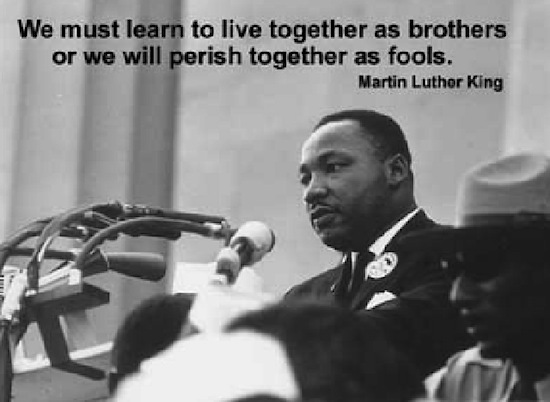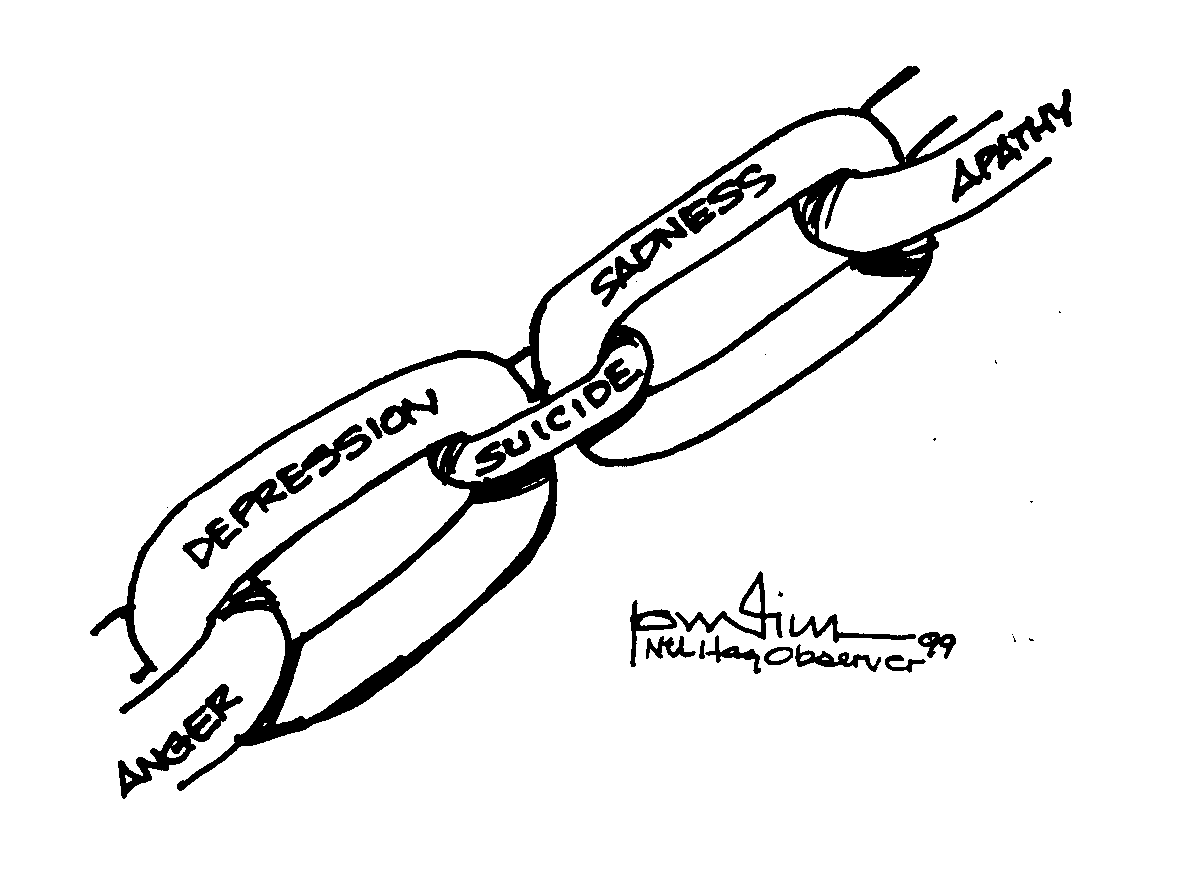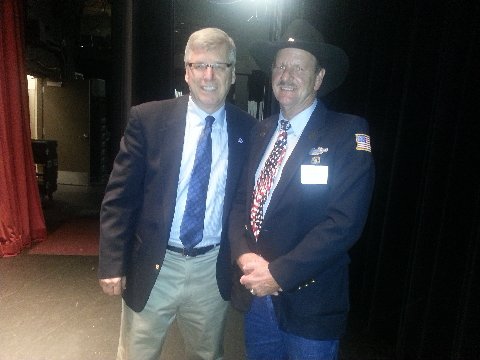
‘FROM MY FILES FRIDAY: Here’s an edited version of a blog that I published after the mass shootings in Newtown. I believe it makes several points that are worth repeating. I hope you will agree.
LEARNING FROM LGBT’s HOW TO CHANGE MINDS
The shootings at Newtown, Aurora, Tucson and Virginia Tech, have finally turned a spotlight on our broken mental health system.
Two years ago, I spoke at a convention of journalists from the Lesbian, Gay, Bisexual and Transgender community. I said that mental health advocates need to learn from the LGBT community. Yesterday’s Washington Post published an editorial by immigration activist Frank Sharry that ecohed the same thought. Sharry wrote that gay activists have given underdogs a blueprint for how to successfully change public opinion.




